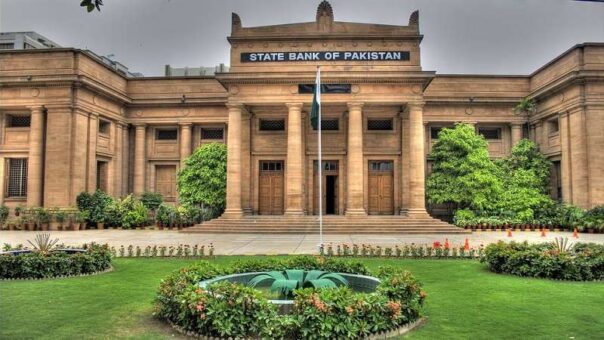Karachi, April 29, 2024 – A significant uptick has been observed in the repatriation of profits and dividends by foreign companies in Pakistan, with figures surging 256% in the period from July 2023 to March 2024.
According to data released by the State Bank of Pakistan (SBP), these companies have remitted approximately $830 million during the first nine months of the current fiscal year, starkly higher than the $233 million recorded in the same period of the previous fiscal year.
This considerable increase in outflows has been attributed to the SBP’s relaxed restrictions on fund transfers abroad, a shift from last year’s stringent measures aimed at preserving foreign exchange reserves and stabilizing the local currency.
Breaking down the data further, the repatriation of profits and dividends against foreign direct investment (FDI) stood at $769 million during this period, up from $194.5 million in the prior fiscal year. Portfolio investments also saw an increase, with profits and dividends outflow reaching $61.7 million compared to $38.6 million during the same period last year.
Among the countries, companies from the United Arab Emirates (UAE) led the chart with the highest repatriation, totaling $183.7 million between July 2023 and March 2024. This was followed by businesses from the United Kingdom (UK) and China, which remitted $152.8 million and $79.7 million respectively.
A sectoral breakdown reveals that financial businesses were the top repatriators, sending back $133.3 million in profits and dividends. The petroleum refining and power sectors were not far behind, with repatriations of $132 million and $113.5 million respectively.
Economists and market experts have expressed mixed reactions to this trend. While some view the relaxation of fund outflow regulations as a necessary step towards fostering a more favorable investment climate, others are concerned about the long-term implications on Pakistan’s foreign exchange reserves and economic stability.
Critics argue that while these measures may temporarily boost foreign investor confidence, they could exacerbate vulnerabilities in the country’s balance of payments and apply additional pressure on the Pakistani Rupee. Conversely, proponents believe that a more liberal approach towards profit repatriation can reinforce foreign investors’ trust in Pakistan’s economic policies, potentially leading to increased FDI in the future.
In response to these developments, the SBP has indicated that it will continue to monitor foreign exchange movements closely and adjust policies as needed to ensure economic stability. Moreover, there is an ongoing dialogue between the central bank, finance ministry, and major stakeholders to balance the needs of foreign investors with the nation’s economic priorities.
As the fiscal year progresses, the impact of these increased repatriations on Pakistan’s financial health remains a critical point of observation for both local policymakers and international investors. The decisions made in the coming months will be crucial in shaping the country’s economic landscape and its attractiveness as a viable destination for global investments.
